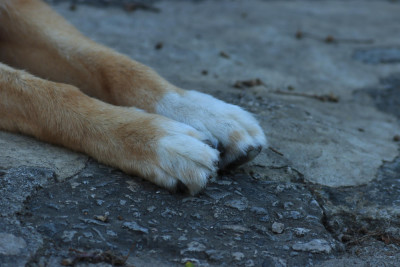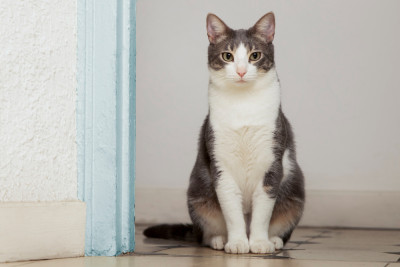-
Recognize the Validity of Your Grief
The grief experienced when losing a pet is entirely valid. It's essential to acknowledge and accept your feelings without judgment. Understand that the intensity of your grief reflects the depth of the bond you shared with your pet.
-
Allow Yourself to Grieve
Grieving is a natural response to loss, and it takes time. Give yourself permission to mourn and express your emotions, whether through tears, writing, talking to a friend, or seeking professional support. Grief is a unique process for each individual.
-
Share Your Feelings
Discussing your grief with friends, family members, or a therapist can be immensely helpful. They can provide a listening ear and emotional support during this challenging time. Many people who have experienced pet loss can relate to your feelings and offer comfort.
-
Create a Memorial
Honoring your pet's memory can be a meaningful way to cope with grief. Create a memorial, such as a photo album, a scrapbook, or a memorial service, to celebrate the life and companionship your pet provided. This can provide a sense of closure and allow you to remember your pet fondly.
-
Establish a New Routine
The absence of your pet may leave a void in your daily routine. Consider filling this gap with positive activities or hobbies that bring joy and fulfillment. It's essential to find a new sense of normalcy.
-
Seek Support Groups
Pet loss support groups, both in-person and online, provide a space to share your experiences and feelings with others who are grieving. These groups offer empathy, understanding, and practical advice on coping with pet loss.
-
Honor Your Pet's Legacy
Channel your grief into something constructive. Consider donating to an animal charity or volunteering at an animal shelter in your pet's memory. Helping other animals in need can be a healing and meaningful way to honor your pet's legacy.
-
Professional Support
If your grief becomes overwhelming and interferes with your daily life, consider seeking professional help from a therapist or counselor. They can provide guidance and coping strategies tailored to your specific needs.
-
Time Heals, but Memories Persist
Over time, the intensity of your grief may diminish, but the memories and love you shared with your pet will endure. Healing doesn't mean forgetting; it means finding a way to carry your pet's memory in your heart as you move forward.
-
Consider a New Pet
While no pet can replace the one you've lost, some individuals find comfort in opening their hearts to a new furry friend when they are ready. The presence of a new pet can help alleviate loneliness and provide companionship.
Conclusion
Coping with the loss of a beloved pet is a deeply personal and challenging journey. It's essential to recognize and validate your grief, seek support from friends or professionals, and find ways to honor your pet's memory. Remember that pet loss is a natural part of the human-pet bond, and it's a testament to the love and joy your pet brought into your life. In time, as you work through your grief, you'll be able to cherish the beautiful memories and continue to carry your pet's spirit with you.







